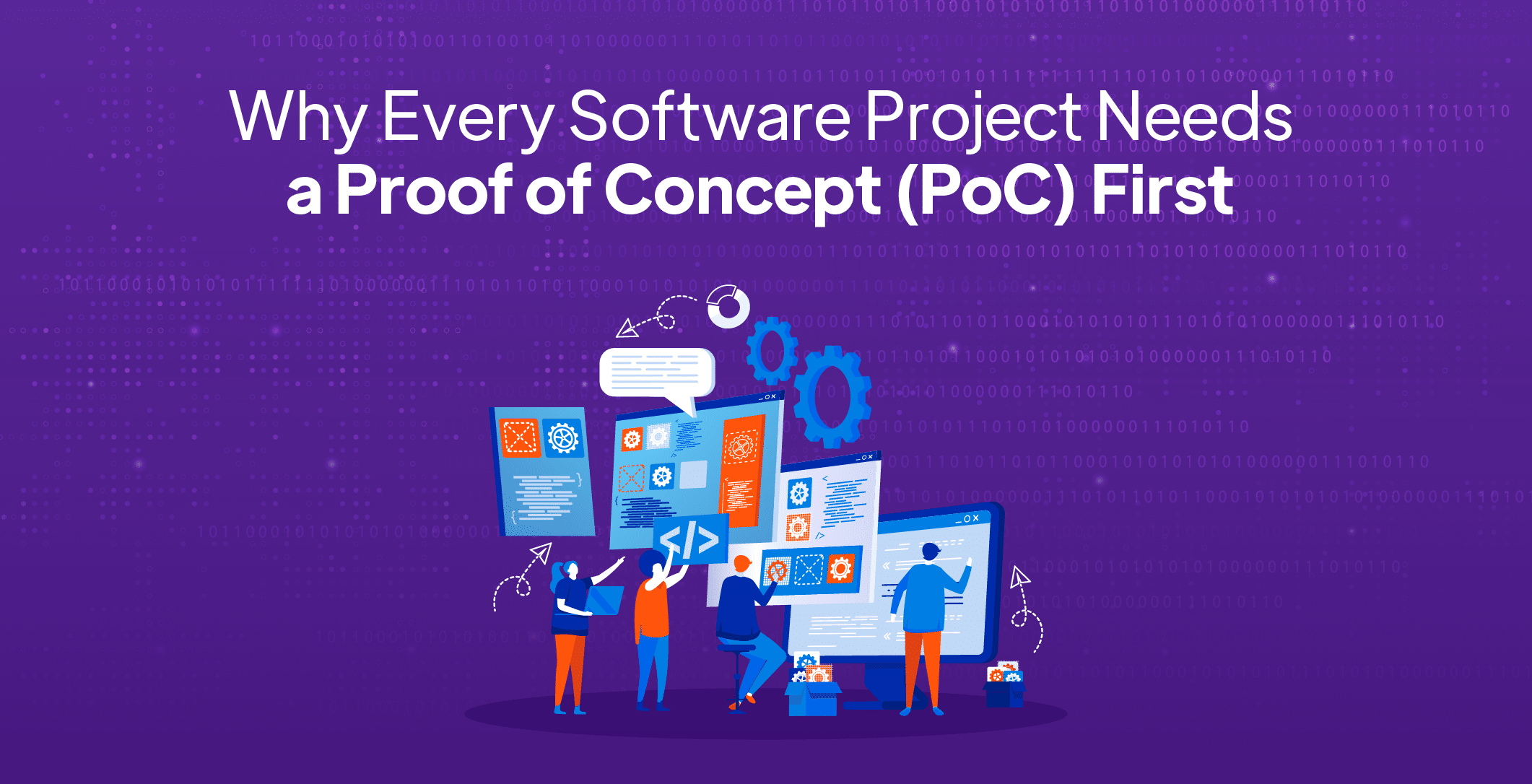What is a spam score? What does it have to do with your website? Spam is unwanted, irrelevant, or deceptive content that interferes with the user experience. It’s the percentage of spammy sites and penalized sites connected with your website. A higher spam score isn’t a good sign. Spam score, in essence, is a metric that quantifies the likelihood of a website being perceived as spammy.
Spam may come in various forms, ranging from intrusive ads to malicious links. It primarily focuses on evaluating the quality of a website’s backlinks. Search engines consider backlinks as a vote of confidence for a website’s credibility. However, not all backlinks are created equal. Some may come from dubious sources, often referred to as link farms or spammy websites, and these can significantly impact a website’s spam score.
The Impact of a High Spam Score in a Website
The impact of a high spam score is far-reaching and can significantly affect your enterprise SEO services. Search engines closely monitor spam scores when determining a website’s ranking. A high spam score signals to search engines that your site may be engaging in manipulative or spammy practices, resulting in a drop in rankings.
Moreover, users are increasingly cautious about their online interactions. A website with a high spam score may find it challenging to establish trust with its audience, leading to reduced user engagement and conversions. Thus, a smart strategy would be to continuously monitor and manage the spam score in the website.
Understanding the Components of Spam Scores
Before understanding how to reduce spam score in SEO, let’s take a look at the components that contribute to this elusive metric.
1. Anchor Text Diversity:
Overly optimized anchor texts or an excessive number of identical anchor texts can raise red flags. Professional SEO services in Bangalore can help you achieve the right balance and optimize your anchor texts.
2. Link Quality:
The quality of the websites linking to yours plays a crucial role. Reputable and authoritative websites contribute positively to your score, while links from spammy or low-quality sites can have adverse effects.
3. Link Relevance:
The relevance of the linking site to your content is paramount. A link from a website in the same industry or niche is considered more valuable than one from an unrelated source.
4. Social Signals:
Social media engagement, shares, and mentions contribute to a website’s credibility. The absence of social signals or an irregular social media presence may impact your spam score.
5. Content Quality:
The quality and relevance of your website’s content matter. Engaging, well-written content that adds value to users can positively influence your spam score.
6. User Experience:
Search engines assess user experience metrics, such as bounce rate and time spent on the site. A website with poor user engagement may be deemed less trustworthy, leading to a higher spam score.
How to Reduce Spam Scores in SEO?
7 Must-Know Strategies
1. Social Media Presence and Integration:
Actively engage with your audience on social media platforms and integrate social sharing buttons on your website. Search engines consider social signals as indicators of a website’s credibility. Leverage social media advertising to expand your reach and drive targeted traffic to your website. Consider running social media contests or giveaways to encourage user participation and amplify your brand’s presence across various social platforms.
2. Content Relevance and Quality:
High-quality, relevant content not only attracts users but is also in favour of search engines. Ensure that your website’s content is well-written, informative, and aligns with the interests of your target audience. Regularly update and optimize your content to demonstrate your commitment to providing valuable information.
Remember that content relevance goes beyond mere textual content. Visual elements, such as images and videos, should complement your written content and enhance the overall user experience. Consider conducting a regular content audit to identify and update outdated or irrelevant content.
3. User Engagement Optimization:
User engagement is a key metric that search engines use to gauge the credibility of your enterprise SEO services. Encourage user interactions through comments, social sharing, and other engagement metrics. Respond promptly to user comments and feedback, fostering a sense of trust around your brand.
Additionally, consider implementing interactive elements on your website, such as polls, surveys, and quizzes, to enhance user engagement. These elements not only encourage participation but also provide valuable insights into your audience’s preferences and behaviours.
4. Robust Security Measures:
A secure website is less likely to be flagged as spam. Implement SSL encryption, regularly update your software, and employ security plugins to fortify your website against potential threats. Conduct routine security audits to identify and address vulnerabilities promptly.
Consider investing in a Web Application Firewall (WAF) to add an extra layer of protection to your website. A WAF can help mitigate various online threats, including SQL injection, cross-site scripting (XSS), and other common attack vectors.
5. Mobile-Friendly Design:
Search engines prioritize mobile-friendly websites, and a responsive design can positively impact your spam score in the website. Optimize your website’s layout and content for seamless viewing across various devices.
Perform regular testing on different devices and screen sizes to ensure a consistent and user-friendly experience. Implement Accelerated Mobile Pages (AMP) to enhance the speed and performance of your mobile pages, further improving your website’s mobile responsiveness.
6. Quality Backlink Audit:
One of the primary contributors to a high spam score is a plethora of low-quality backlinks. Conduct a thorough audit of your website’s backlink profile, identifying and disavowing links from doubtful sources. Utilize tools like Google’s Disavow Links tool to communicate to search engines that you disassociate from specific backlinks. Consider opting for the best SEO services in Bangalore to acquire high-quality, relevant backlinks, as search engines view these as a positive signal.
7. Regularly Monitor and Adapt:
The digital landscape is dynamic, and what works today may not be as effective tomorrow. Regularly monitor your website’s analytics to understand how to reduce spam score in SEO. Adapt your strategies to align with evolving best practices and algorithm changes, ensuring your website remains resilient against spam threats.
Set up automated alerts for significant changes in your website’s metrics, such as traffic fluctuations or sudden drops in user engagement. Conduct periodic reviews of your SEO strategy to identify areas for improvement and optimization.

Conclusion
It’s well known that you don’t need a higher spam score. All your enterprise SEO services need to be proactively directed towards reducing your website’s spam score. Remember, the battle against spam is an ongoing one. By doing so, you not only protect your website from the perils of spam but also lay the foundation for a robust online presence built on trust, relevance, and user satisfaction.
The best SEO services in Bangalore can make your task much easier. Zerozilla ensures your website remains in top-notch condition through comprehensive spam score management. Our experienced team implements strategic measures to optimize your online content, backlink profile, and overall digital strategy, fostering a spam-free environment for sustainable growth and success.




